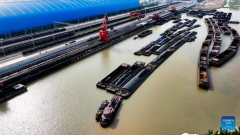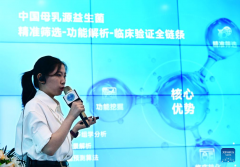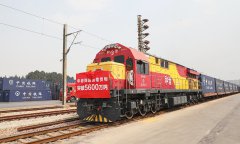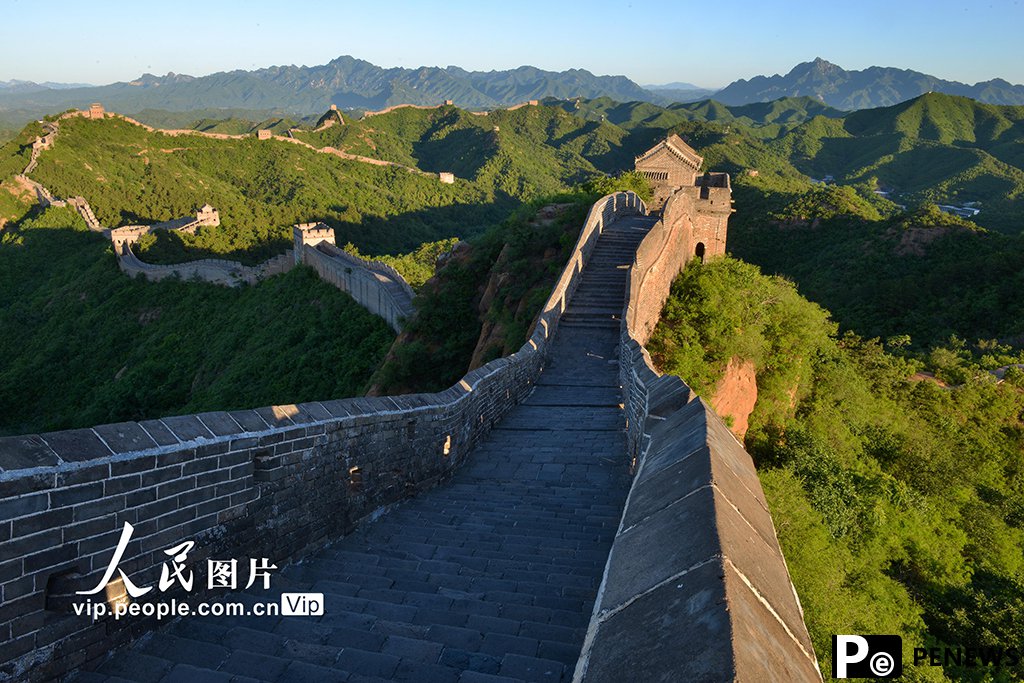Home>>
Tech-driven manufacturing key for growthBy Ma Si (China Daily) 08:28, June 10, 2025
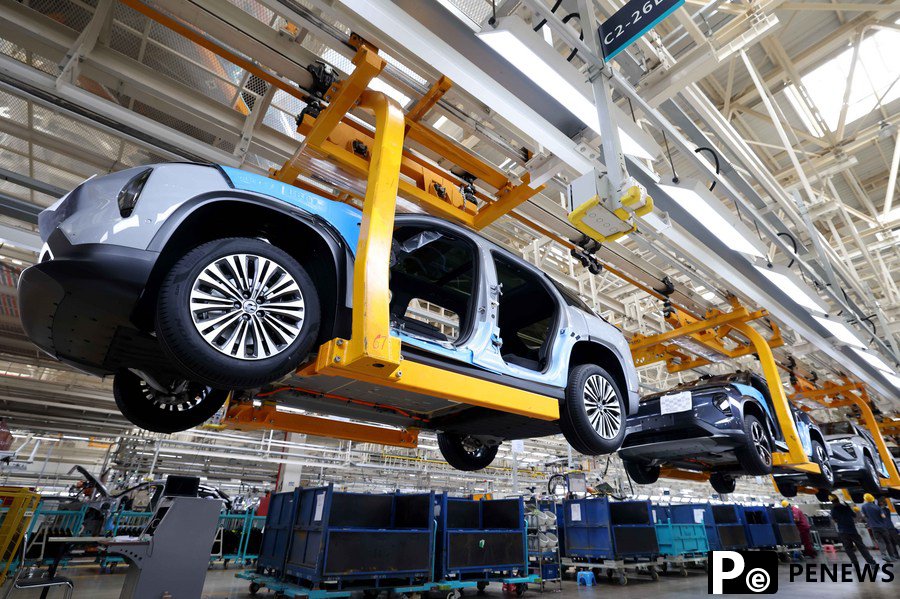
Photo taken on Aug 28, 2022 shows a complete vehicle production line at a new energy vehicle factory in Hefei, East China's Anhui province. (Photo/Xinhua)
China's steadfast commitment to pursuing advanced manufacturing will help the country move up value chains, sharpen its edge amid global competition and navigate external headwinds in order to ensure sustainable economic growth, experts and corporate executives said.
Highlighting the crucial role of cutting-edge technologies in empowering China's sprawling industrial economy, they said that more policies are likely to be in the pipeline to make manufacturing higher-end, smarter and more eco-friendly.
As 2025 marks the last year of China's 14th Five-Year Plan (2021-25), the nation's emphasis on mastering core technologies in manufacturing will accelerate the transition of its development paradigm from quantity-driven to quality-driven during the 15th Five-Year Plan (2026-30) period, they added.
During his visit last month to Luoyang Bearing Group in Henan province, President Xi Jinping said: "China has always adhered to the path of developing the real economy. From the past reliance on imported matches, soap and iron, to now becoming the world's largest manufacturing country with the most complete industrial categories, we have taken the right path."
China must continue to strengthen its manufacturing sector, adhere to the principles of building self-reliance and strength, and master core technologies in key fields, he added.
Luo Zhongwei, a researcher at the Chinese Academy of Social Sciences' Institute of Industrial Economics, said that Xi's emphasis on manufacturing showed that a modern industrial system will be key to China's economic development over the next few years, and will have a profound impact.
"In the face of growing external risks, 'Made in China' needs to be backed by a stronger industrial system," Luo said.
According to Luo, countries around the world have all realized the importance of manufacturing, and China will not repeat the mistakes of some developed countries that took the path of deindustrialization and now have no choice but to work very hard to bring manufacturing back.
"I believe that manufacturing will be a key priority in China's upcoming 15th Five-Year Plan," Luo said.
Hong Qunlian, a researcher at the National Development and Reform Commission's Chinese Academy of Macroeconomic Research, said, "Manufacturing is the focal point of competition among major powers and technological supremacy. Nurturing strategic advantages for the future fundamentally relies on the high-quality development of our manufacturing industry."
"Promoting tech-driven industrial upgrading is paramount for China's real economy over the next five years. And achieving breakthroughs in critical technologies is not optional, it is essential, as we still face challenges in these areas," Hong added.
Zhang Li, president of the China Center for Information Industry Development, said, "China's economy has historically relied on the real economy, and it is through this foundation that it will continue to progress."
China has been the world's largest manufacturing country in terms of output for 15 consecutive years, and it ranks first globally in the production of over 220 industrial products, according to the Ministry of Industry and Information Technology, China's top industry regulator.
"Boasting such a complete industrial system, China provides rich application scenarios and enormous market potential for technological innovation, as well as solid support for the development of emerging industries," Zhang said.
Fresh model
Unlike some Western countries that pursued an excessive shift to services at the expense of manufacturing, China's push for new industrialization features efforts to stabilize the ratio of manufacturing business in China's GDP and does not simply phase out traditional industries, experts said.
Hong, from the Chinese Academy of Macroeconomic Research, said, "We need to coordinate the upgrading of traditional industries with the cultivation of emerging ones."
According to the ministry, China's traditional industries are vast and account for over 80 percent of the manufacturing sector.
"Traditional industries should not simply be labeled as 'low-end industries' and phased out. We must accelerate their development toward higher-end, smarter and greener directions, allowing them to 'blossom anew'," the ministry said last year.
Meanwhile, the ministry is also stepping up the push to promote the application of artificial intelligence in industrial sectors.
Li Lecheng, minister of industry and information technology, chaired a meeting in Beijing last week, outlining a comprehensive strategy to accelerate AI technological innovation and integrated application, thereby positioning AI as a core driver for China's new industrialization.
